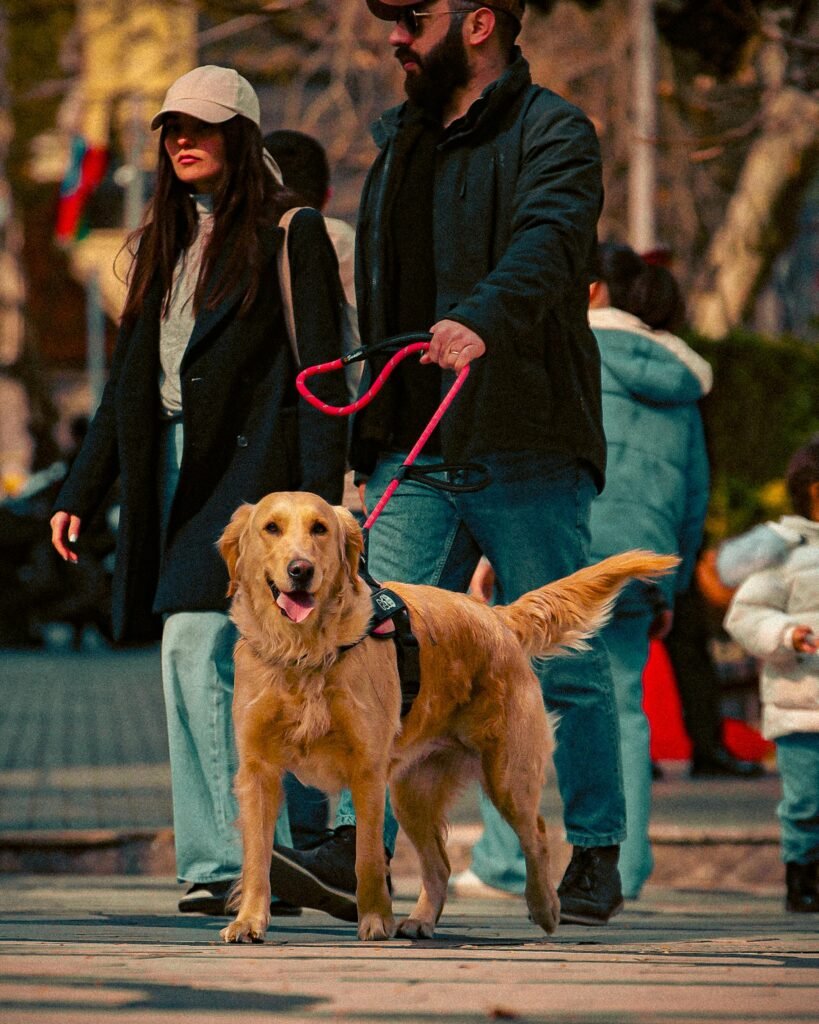
In the journey of being a responsible dog owner, understanding what foods to avoid giving your furry friend can make a big difference in maintaining their overall health and well-being. You’ll find that certain common human foods can be harmful or even toxic to dogs, impacting everything from their dental health and joint function to their skin and coat. Consulting with a veterinarian and offering natural dog remedies, canine wellness supplements, and a balanced diet rich in essential nutrients can help you ensure your dog’s optimal health. From young pups to senior dogs, knowing which foods to steer clear of is key to supporting a happy, vibrant life for your beloved canine companion. Are you wondering, “Are There Any Foods I Should Avoid Giving My Dog?” It’s a great question and one that every responsible dog owner should consider. Just like humans, dogs have specific dietary needs and not all foods that are safe for us are safe for our four-legged companions. In this article, we’ll dig into the details of what you should avoid feeding your dog, as well as some tips for maintaining their overall health and well-being.

Foods Harmful to Dogs
Chocolate
Chocolate is a well-known danger to dogs. It contains theobromine, a stimulant similar to caffeine that dogs cannot process efficiently. Different types of chocolate have varying levels of theobromine, with dark chocolate and unsweetened baking chocolate being the most dangerous.
| Type of Chocolate | Theobromine Content (mg/oz) |
|---|---|
| White Chocolate | 0.1 mg/oz |
| Milk Chocolate | 44-60 mg/oz |
| Dark Chocolate | 135 mg/oz |
| Unsweetened Baking Chocolate | 393 mg/oz |
Even a small amount of these high-theobromine chocolates can be fatal to dogs.
Grapes and Raisins
You might think that fruits are healthy for your dog, but grapes and raisins are exceptions. They can lead to sudden kidney failure in dogs, even in tiny amounts. Symptoms include vomiting, lethargy, and depression. If you suspect your dog has ingested these, contact your veterinarian immediately.
Onions and Garlic
Both onions and garlic belong to the Allium family and are toxic to dogs. They can damage red blood cells, leading to anemia. The toxicity holds whether they are raw, cooked, dried, or powdered. Garlic is generally more toxic than onions, but both are harmful.
Alcohol
Alcohol has the same effect on a dog’s liver and brain as it does on humans, but it takes much less to do serious damage. Even small amounts of alcohol can lead to vomiting, diarrhea, decreased coordination, central nervous system depression, and even death.
Foods to Be Cautious With
Xylitol
Xylitol is a sugar substitute found in many sugar-free gums, candies, and even some peanut butters. It stimulates a rapid release of insulin in dogs, leading to hypoglycemia (low blood sugar). Symptoms include vomiting, loss of coordination, and seizures. High doses can lead to liver failure within just a few days.
Avocado
Avocados contain persin, which can cause vomiting and diarrhea in dogs. Avocado pits also pose a choking hazard or could result in an intestinal blockage.
Caffeine
Caffeine can be equally as dangerous for dogs as theobromine. Found in coffee, tea, and certain sodas, caffeine affects a dog’s heart, lungs, kidneys, and central nervous system. Symptoms of caffeine poisoning include restlessness, rapid breathing, heart palpitations, and muscle tremors.
Audible Plus Free 30-day trial. Free Trial

Healthy Alternatives and Supplements
While there are many foods you should avoid, there are also several beneficial foods and supplements that can support your dog’s health.
Essential Nutrients
Dogs need a well-balanced diet to maintain their health. Here are some key nutrients and their sources:
| Nutrient | Benefits | Sources |
|---|---|---|
| Omega-3 Fatty Acids | Supports skin and coat health; reduces inflammation | Fish oil, flaxseed oil |
| Glucosamine and Chondroitin | Supports joint health and mobility | Joint supplements, shellfish |
| Probiotics | Supports digestive health | Yoghurt, canine probiotics |
| Multivitamins | Ensures a complete, balanced diet | Tailored dog multivitamins |
Natural Dog Remedies
Natural remedies can offer relief from various conditions and support overall wellness. Always consult with your vet before introducing new supplements.
Hip and Joint Health
Older dogs or breeds prone to joint issues can benefit from glucosamine and chondroitin supplements. These can help maintain healthy cartilage and support mobility.
Skin Health
Omega-3 fatty acids are great for maintaining healthy skin and a shiny coat. They also support a normal inflammatory response which can help with allergies.
Dog Health Products
Opt for organic and highest-quality ingredients when choosing dog health products. The National Animal Supplement Council (NASC) quality seal is a reliable indicator.
| Product Type | Benefits |
|---|---|
| Dental Chews | Maintain oral health, reduce tartar and plaque |
| Joint Supplements | Support hip and joint health |
| Omega-3 Supplements | Skin and coat health, reduces inflammation |
| Probiotics | Digestive health |
Routine Vet Check-Ups
Regular vet check-ups are essential in ensuring your dog’s health. Vaccinations, dental cleanings, and blood tests can help detect and prevent potential health issues early on.
Vaccinations
Core vaccinations protect your dog from highly contagious diseases like parvovirus, distemper, and rabies. Consult your vet for a vaccination schedule tailored to your dog’s age and health condition.
Dental Check-Ups
Oral health is often overlooked but is crucial for overall well-being. Periodic dental cleanings can prevent gum disease, tooth loss, and other serious health issues.

How to Determine if Food is Safe
Label Reading
Always read the labels when buying packaged food for your dog. Avoid foods with artificial preservatives, colors, and flavors. Opt for products with a simple and natural ingredient list.
Consult Your Vet
Before introducing new food or supplements to your dog, consult with your vet. They can provide tailored advice based on your dog’s specific needs and health condition.
Online Resources
Several reputable online resources and communities are available for responsible dog owners. Websites like the American Veterinary Medical Association (AVMA) and the Center for Veterinary Medicine provide up-to-date and reliable information.

Signs Your Dog May Be Unwell
Early detection of potential health issues can mean the difference between a quick recovery and a serious problem. Here are some signs to look out for:
Changes in Appetite or Weight
Sudden changes in appetite or unexplained weight loss or gain can indicate underlying health issues. If your dog refuses to eat, it’s a red flag that something might be wrong.
Behavioral Changes
Any drastic changes in behavior such as increased aggression, lethargy, or anxiety could be indicators of health problems.
Vomiting and Diarrhea
While occasional vomiting or diarrhea can be normal, frequent occurrences are cause for concern and should be checked by a vet.
Skin Issues
Excessive scratching, redness, or hair loss can indicate allergies, skin infections, or other underlying health problems.

Conclusion
Knowing what foods to avoid is crucial for being a responsible dog owner and ensuring your furry friend’s health and well-being. Foods like chocolate, grapes, and onions are dangerous and should be avoided, while beneficial supplements such as omega-3 fatty acids and probiotics can be added to support their health. Always consult your vet before making changes to your dog’s diet and stay informed with reliable resources. With the right knowledge and care, you can help ensure your dog leads a long, happy, and healthy life.







